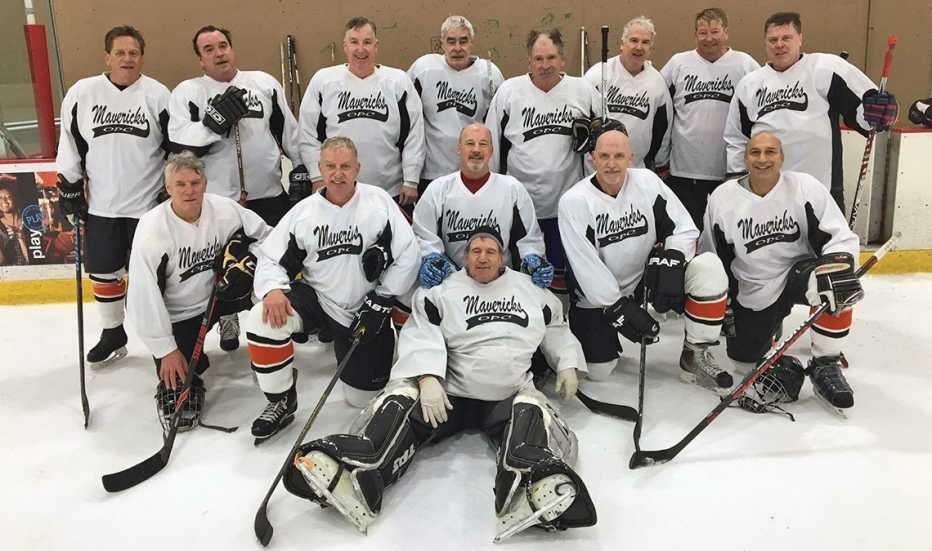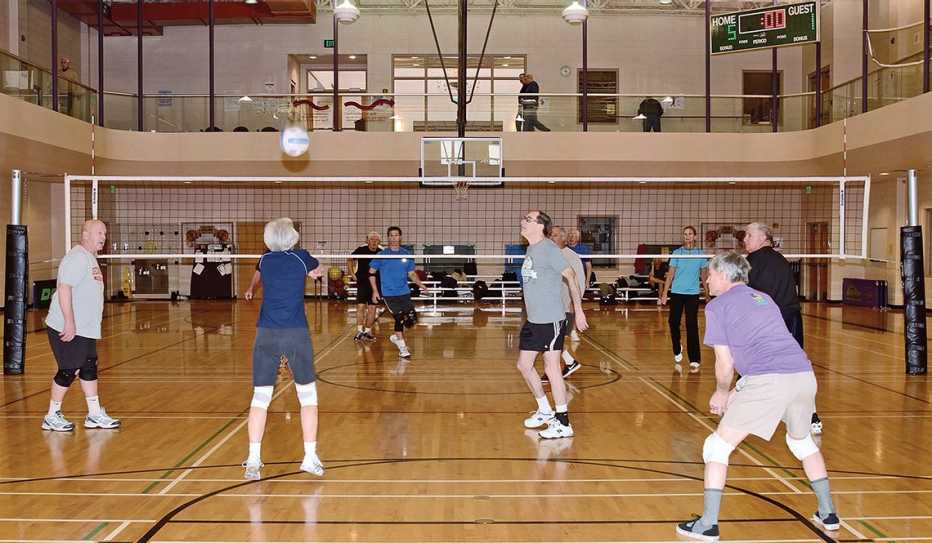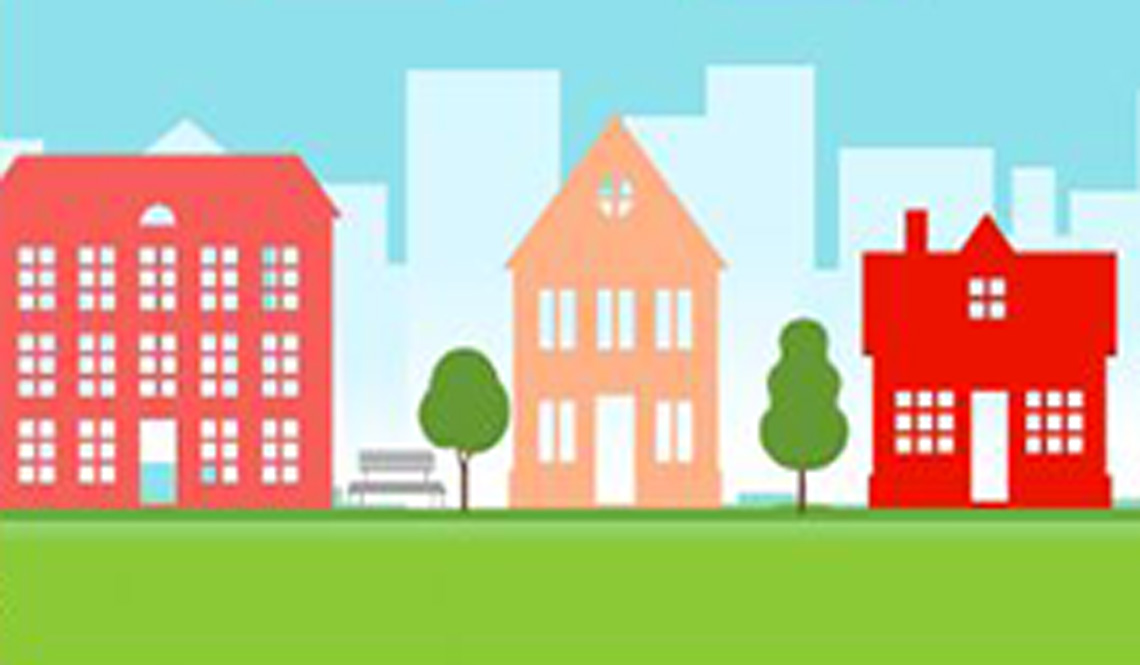AARP Hearing Center


The acronym OPC stands for the Older Persons’ Commission, which sounds as if it’s, well, a commission. While there is an OPC “governing board” of eight appointed commissioners, when residents of Rochester, Rochester Hills and Oakland Township in Michigan refer to the OPC, they typically mean the 90,000-square-foot community center that’s used daily by hundreds of the area’s residents who are age-50 or over.
The center has a full-size gymnasium, an indoor walking track, a lap pool, a therapy pool for exercise classes (water temperature 92°F), cycling classes, circuit training, yoga, tai chi, Pilates, ballet, Zumba and more. There’s a woodshop, computer lab, pottery studio, auditorium, stage and performance arts group. OPC Leisure Travel offers local, overnight and extended trips in the U.S. and overseas.
“It’s a beautiful facility, a safe facility, a great amenity for the community,” says Rochester Hills Mayor Bryan Barnett, adding that developers and companies tell him, “It’s the reason they’re here.”


Barnett jokes that the OPC’s roster of activities is so full it reminds him of a cruise ship’s activities schedule. “We recognize the value of aging in place,” he says. “It’s one of the most important trends we can invest in.”
Membership is free for age-eligible residents of the OPC’s three home communities. People 50-plus from the surrounding area can join for $175 a year or $225 per married couple.
The OPC’s community services include Meals on Wheels, an adult day care center and a minibus that provides more than 50,000 door- to-door rides per year. That service is so revered by voters that they adopted a special property- tax assessment to pay for the transportation program.
Credit for the Older Persons’ Commission goes to community activist Marye Miller, its founder and retired executive director. As a driver for a transportation program that shuttled passengers between nursing homes and activity centers, Miller saw firsthand how the needs of the area’s older adults were not being met.
In the mid-1980s, through dogged advocacy and fundraising work, Miller was able to pur- chase and convert a vacant school building into a senior center. The current building opened in 2003.
As Barnett explains, “Marye Miller took the OPC from a small program to a community within a community.”
Article by Peter Morelli | Published June 2018





























































